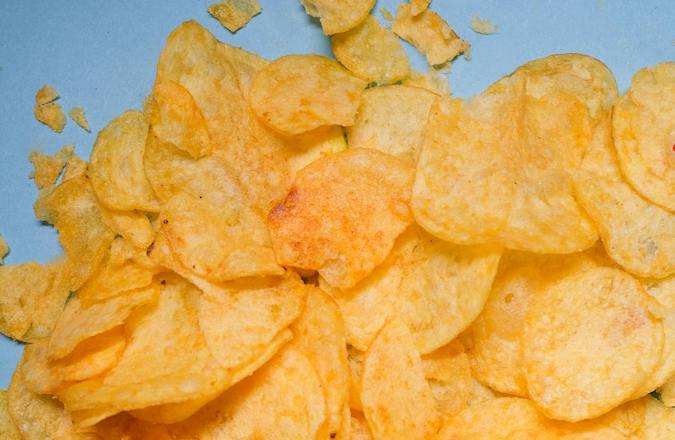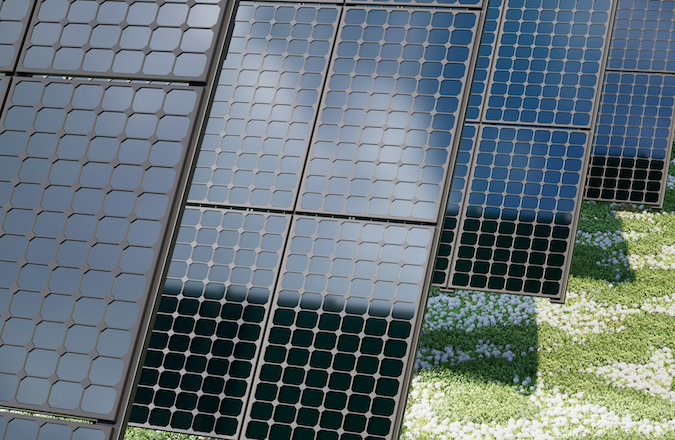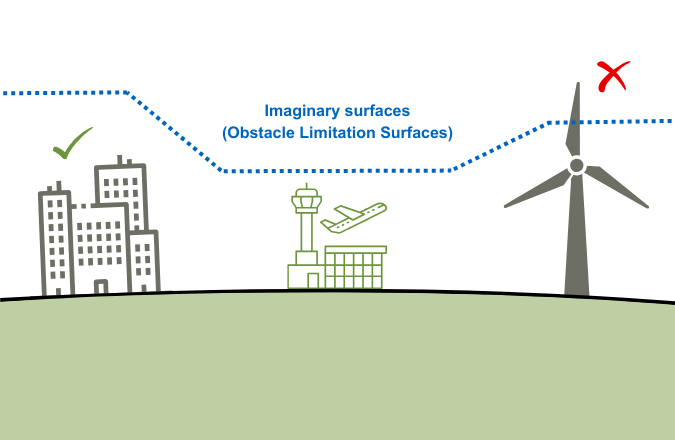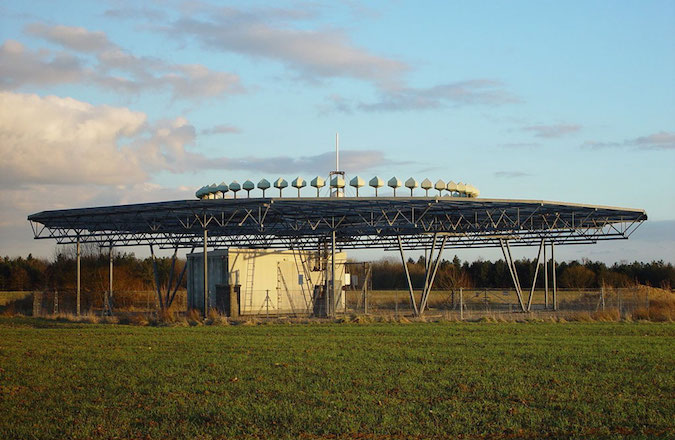Low Emissions Crisps

Some of the UK’s favourite crisps, such as Cheetos, Monster Munch, Wotsits, Doritos and Frazzles are made by a company called PepsiCo. In the UK alone, over 6 million bags of crisps are consumed annually, with Walkers Crisps being the highest selling crisps in the UK, and Walkers are owned by PepsiCo.
Investing in Low Emissions Crisp Production
Most industrial ovens are powered by electricity or gas, but PepsiCo has installed three upgraded ovens, two new electric and one gas upgrade at its site in Leicester, UK, thanks to a £58 million investment from PepsiCo. The aim is to reduce the greenhouse gas emissions of producing these snacks by 1,500 tonnes every year. PepsiCo have confirmed that they are now cooking some of their most-loved snacks in ovens powered by 100% renewable electricity. Since Leicester became home to some of PepsiCo’s crisps brands, they have helped to cut transport-related emissions across their UK operations by an estimated 915 tonnes per year!
Image of crisps. [1]
Richard Clarke, Manufacturing Director at PepsiCo UK and Ireland, said: “It’s fantastic to see the impact of our investment in each and every batch of delicious snacks made using our new electric ovens. With a brand-new production line, better facilities for our teams, and now these more sustainable ovens, we’ve been able to transform our home in Leicester and secure its future growth. We’re incredibly proud of all the work that goes into making our iconic snacks right in the heart of the UK, and even more so now we’re doing it in a more sustainable way.” [1]
Why Greener Ovens Matter
The greenhouse gas emissions from industrial ovens used in crisp production are substantial. Industrial manufacturing of crisps produces a carbon footprint of around 3.08 kg CO2e/kg, meaning each kilogram of crisps produced emits approximately 3.08 kg of carbon dioxide equivalents. [1] If every crisp manufacturer made some changes to the way they produce their products, we could drastically reduce the amount of CO2 produced in crisp manufacturing but still enjoy our favourite lunch time snacks knowing they are more sustainably produced than ever before.
In case you didn’t know, some other crisps that PepsiCo produce include:
- Snack a Jacks
- PopWorks
- SunBites
- Cheetos
- ChipSticks
- Sensations
What Other Crisp Brands Are Doing
Some other crisp companies are also actively working towards reducing their carbon emission through various initiatives, including using renewable energy, optimising transportation and reducing waste. For example, Walkers is partnering with CCm Technologies to convert potato waste into fertiliser, and using trucks powered by hydrotreated vegetable oil (HVO), which is made from used cooking oil. Tyrrells has also switched to liquefied natural gas (LNG) for their energy supply, reducing emissions by over 14%. Two Farmers crisps are made using renewable energy and 100% compostable packaging, with the energy generated on their own farm.
If all food manufacturers found ways to produce their products in a more sustainable, eco-friendly way, we could make a massive impact on starting to reduce global warming and make better habits going forward.
About Pager Power
Pager Power undertakes technical assessments for developers of renewable energy projects and tall buildings worldwide. For more information about what we do, please get in touch.
References
[1] https://www.pexels.com/photo/crispy-chips-in-studio-on-blue-surface-6941047/ Image of crisps. Photo credit: Alena Shekhovtcova. Image accessed 29/05/2025.
[2] https://apps.carboncloud.com/climatehub/product-reports/id/123105278450 https://www.pagerpower.com/wp-content/uploads/2025/06/crisps-thumbnail.jpeg








